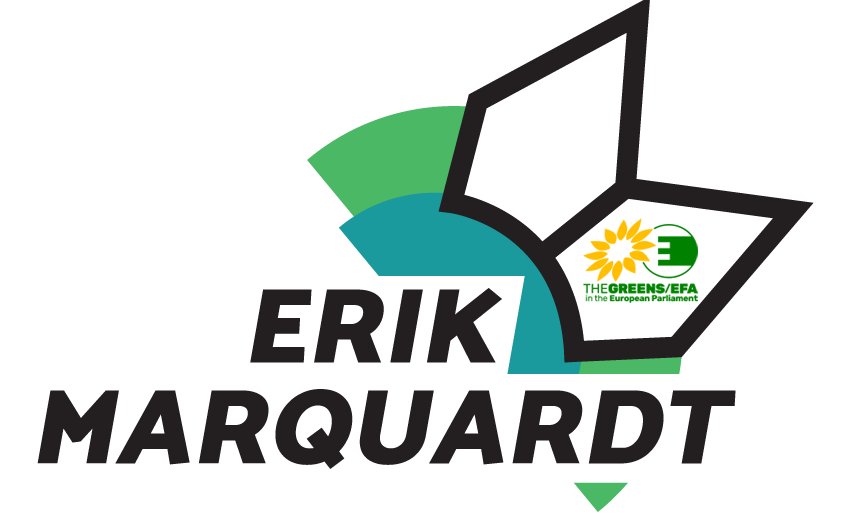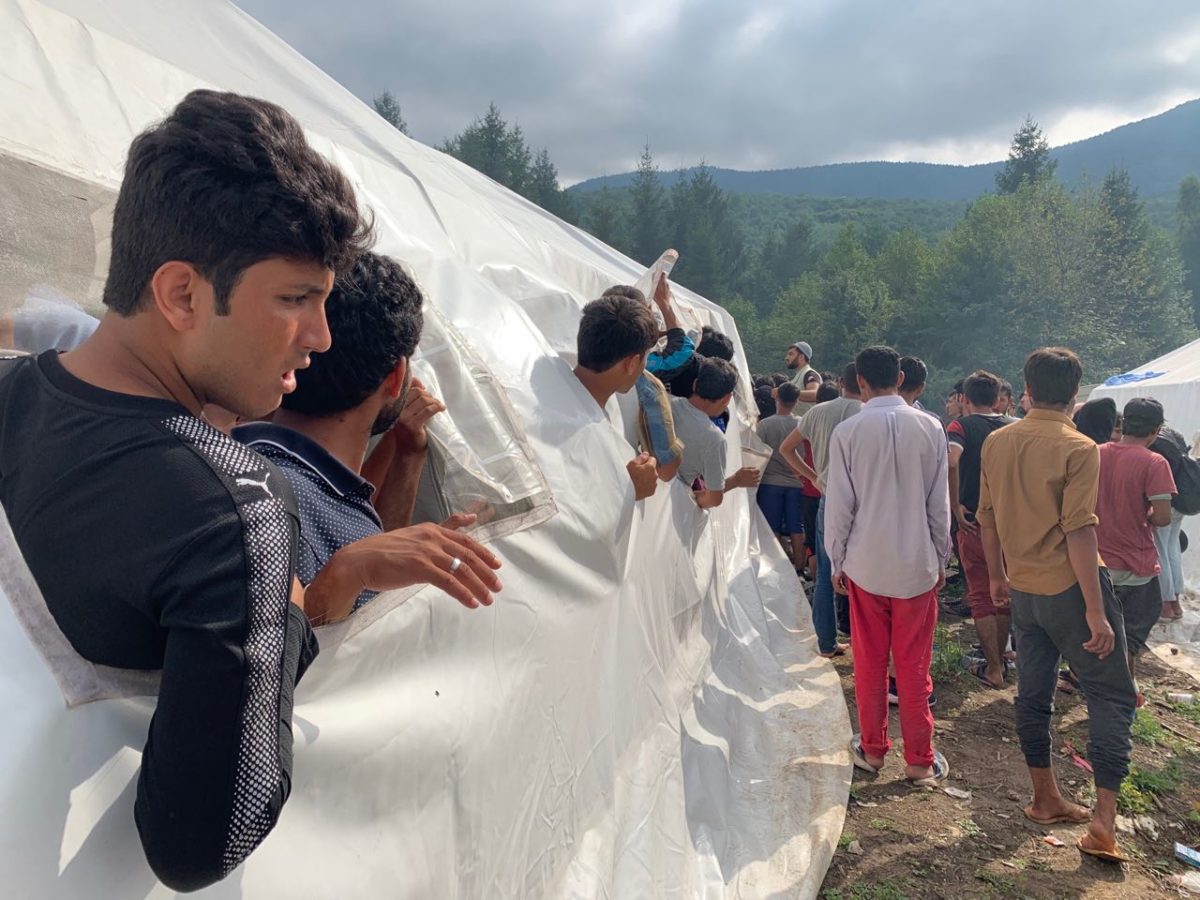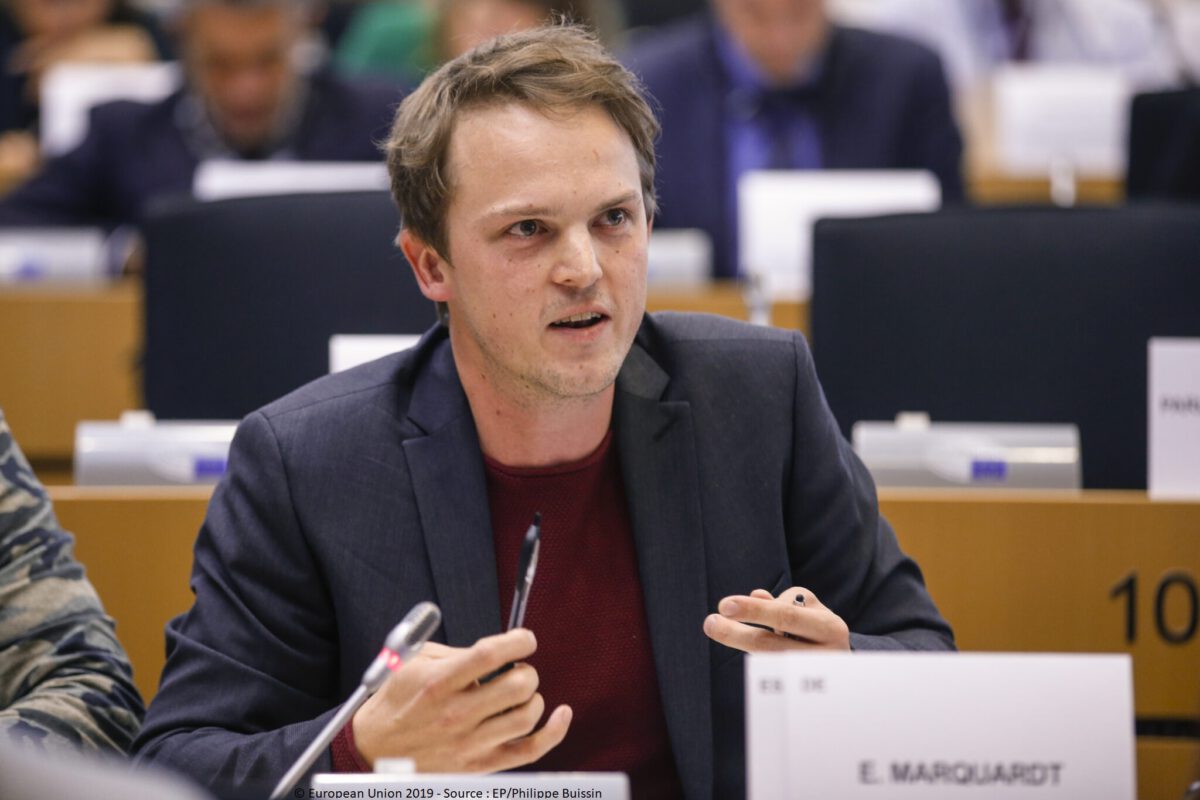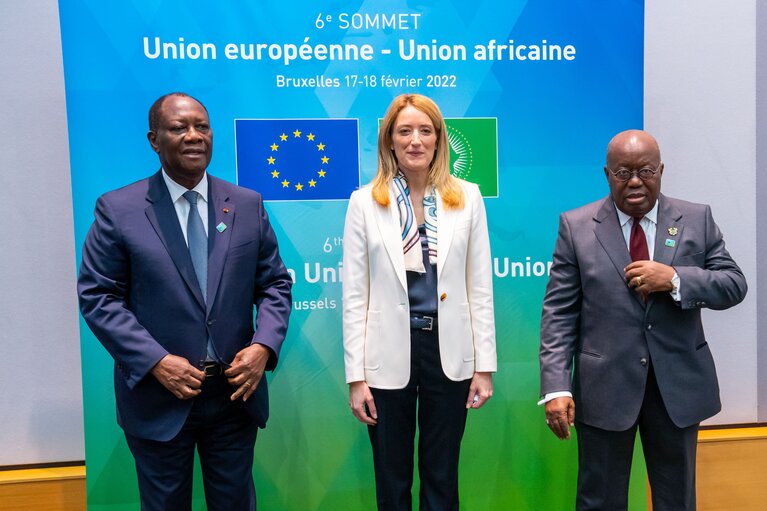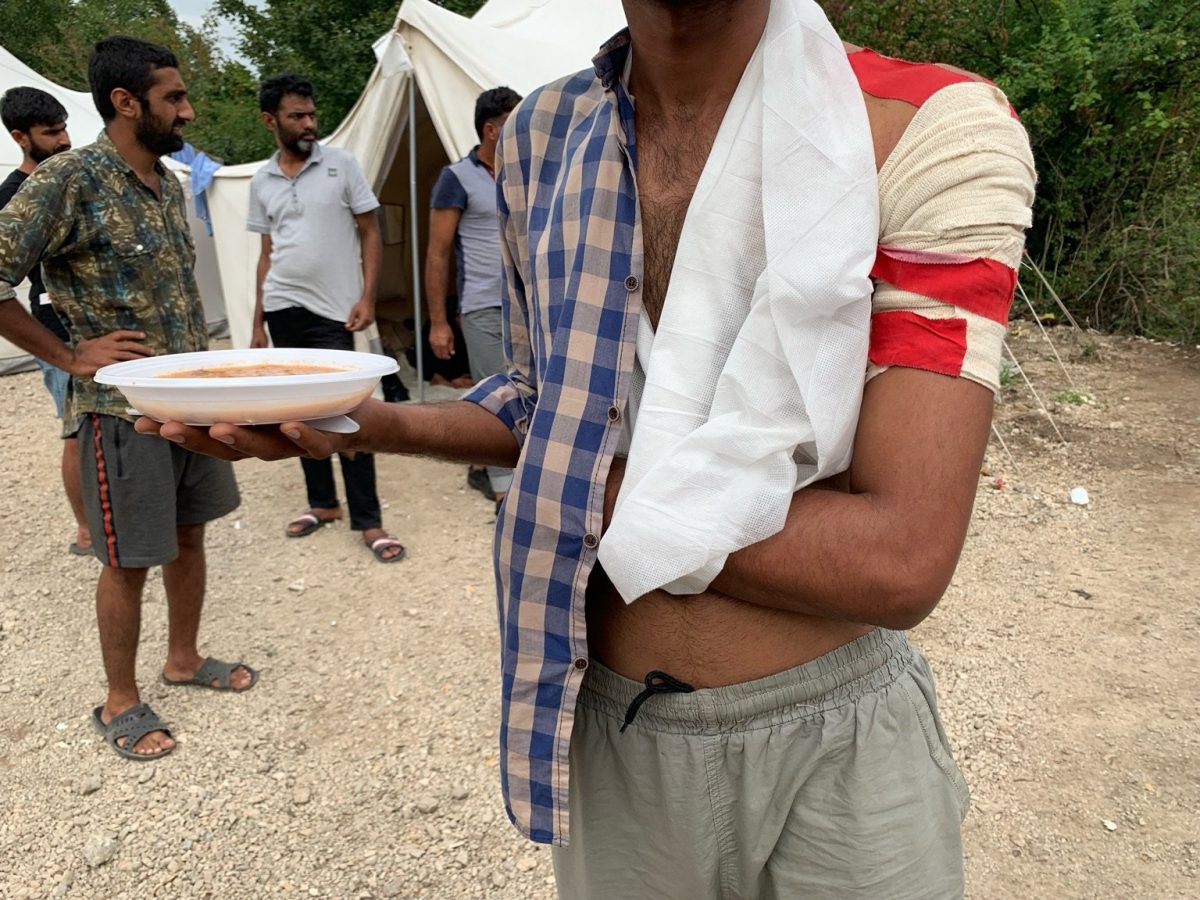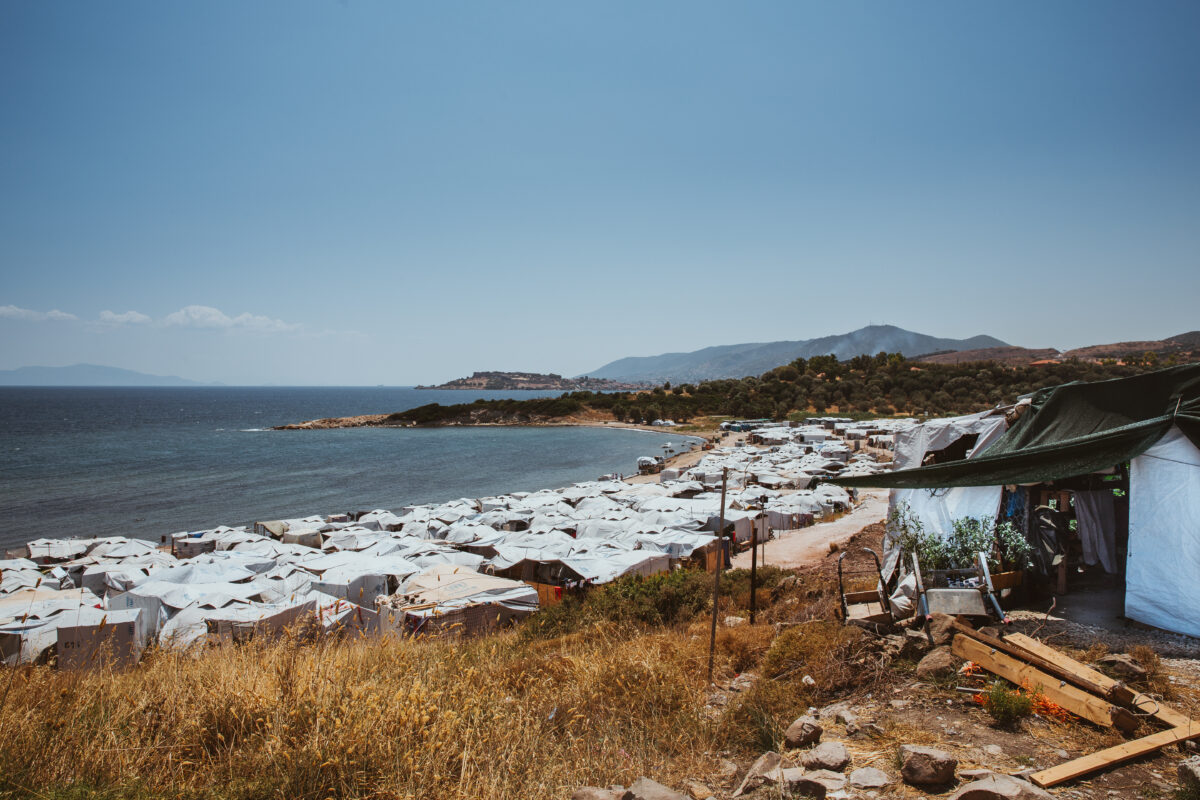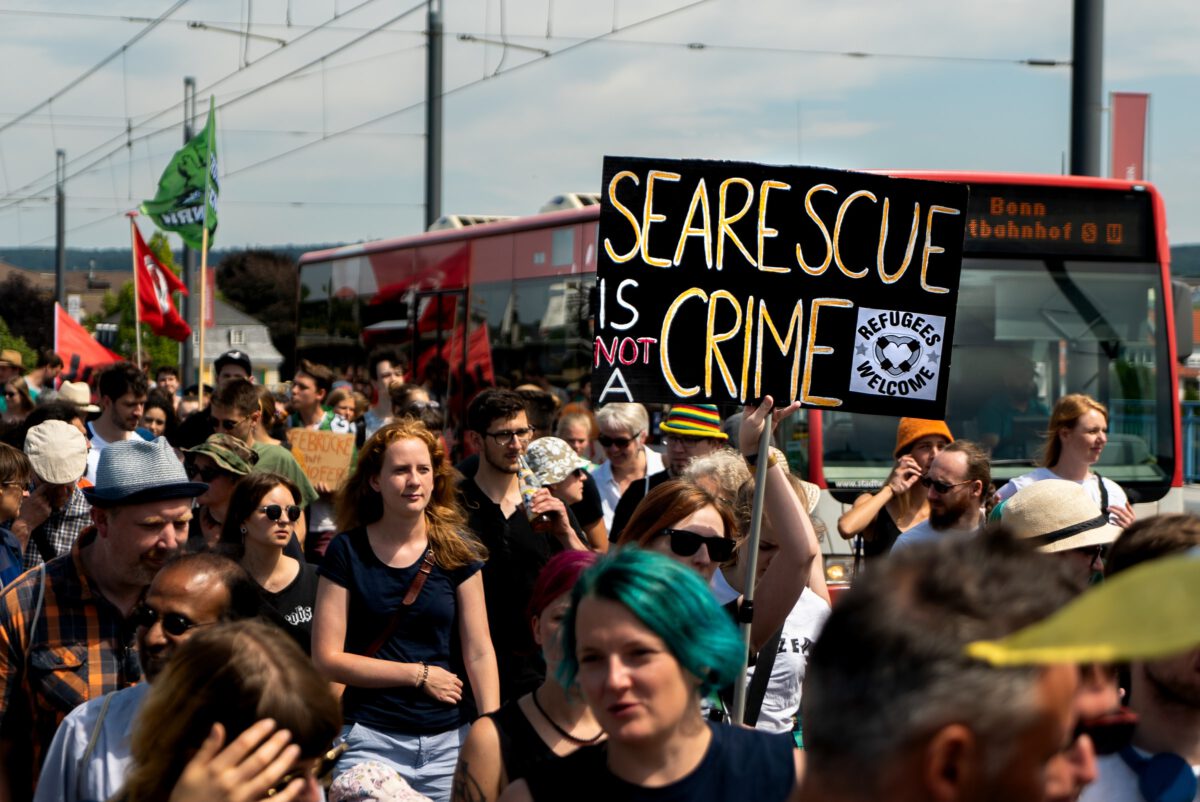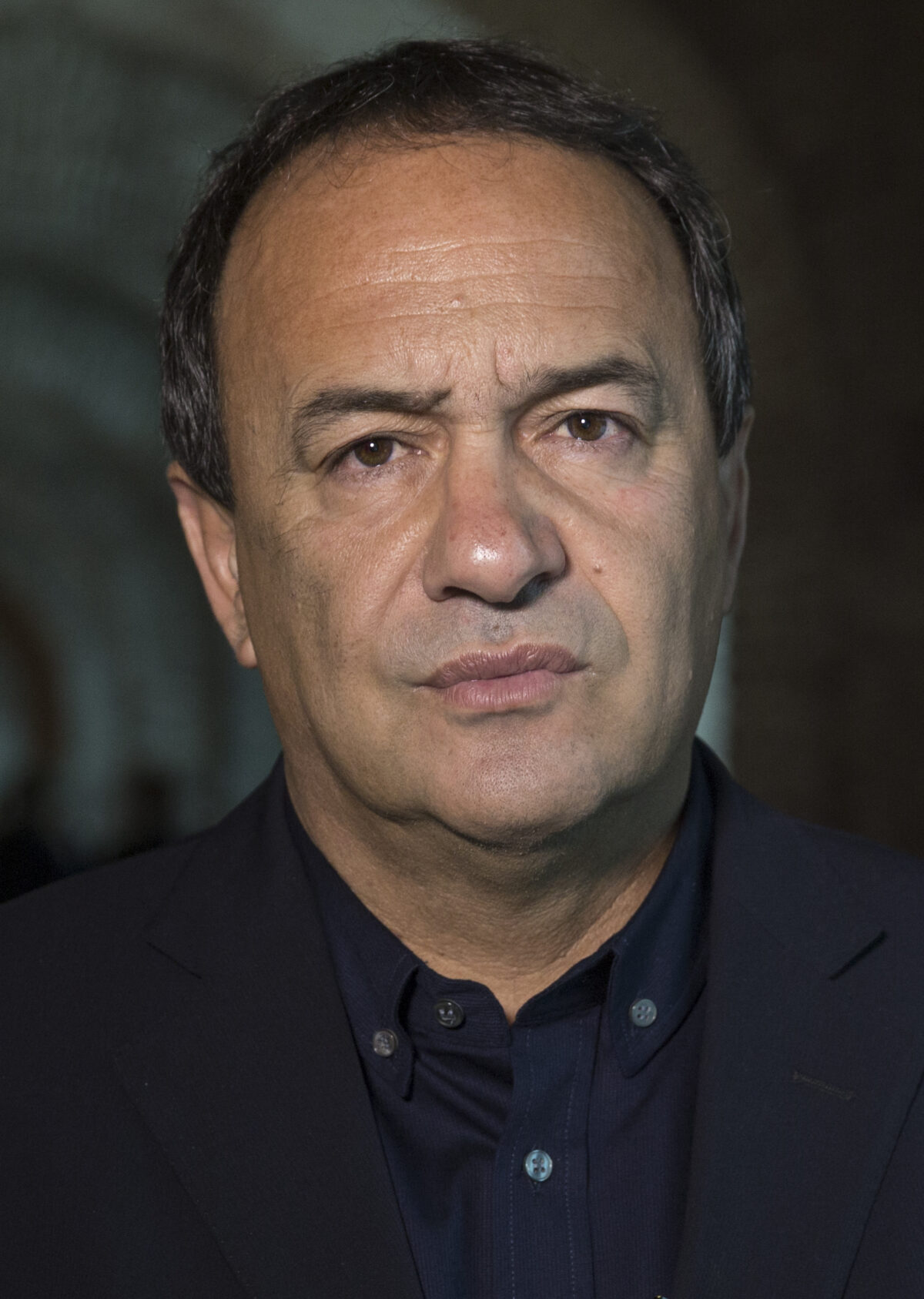How the EU helps in Ukraine
Since the invasion of Russian troops in Ukraine, the EU has significantly increased its financial support to the country, mobilizing around EUR 4.2 billion. Through budget support, macro-financial assistance, emergency aid, crisis response and humanitarian aid, the overall economic, social and financial resilience of Ukraine is to be maintained. Under the European Peace Facility, military assistance measures have also been made available, through which member states can be reimbursed for their in-kind military assistance to Ukraine.
Humanitarian aid and EU Civil Protection Mechanism since 2014
The European Union has not only been involved on the ground since the beginning of the current crisis. Since 2014, the year of the annexation of Crimea by Russia and the escalation in eastern Ukraine, the EU Civil Protection Mechanism has been activated and humanitarian aid is being provided. It is estimated that since February, more than 12 million people have been forced to leave their homes, of which about 5 million have sought refuge outside Ukraine. According to UNOCHA, the United Nations Office for the Coordination of Humanitarian Affairs, 15.7 million people are currently in need of humanitarian assistance, but access for aid organizations in non-government controlled areas is sometimes very difficult. Since the beginning of the year, the EU and its member states have spent â'¬348 million on humanitarian aid, of which â'¬13 million has gone to Moldova to support, among other things, the reception of refugees. The Commission warns that in order to maintain basic services in Ukraine, about 1.4 billion euros may still be needed this year.
Function of the EU Civil Protection Mechanism
The EU Civil Protection Mechanism can respond to natural or man-made disasters when the affected country requests assistance. The Mechanism aims to improve cooperation between Member States and the 6 additional participating countries in disaster relief, with the Commission playing a key role in coordination and funding.
The response to the war in Ukraine is the largest operation of the Civil Protection Mechanism since its creation in 2001, millions of relief items such as vehicles, generators, sleeping bags, etc. have been delivered so far. Coordination is handled by the Emergency Response Coordination Centre in Brussels, while the newly created logistical centers in Poland, Romania and Slovakia play an important role in the distribution of relief goods. Medical equipment was also delivered through RescEU, the European Civil Protection Reserve. The EU also coordinates the evacuation of critically ill patients to hospitals within the EU.
International Donor Conference in May 2022
In a Special session of the Council at the end of May, member states noted that part of the support to Ukraine will continue to be provided through humanitarian assistance, also referring to the results of the high-level international donor conferencehosted by Poland and Sweden together with the Presidents of the European Council and the European Commission, pledging some â'¬6.5 billion in donations. The Commission has pledged to mobilize 200 million euros from the 2022 NDICI Global Europe cushion (âcushionâ) to support the Ukrainian government in caring for internally displaced persons (IDPs) and to increase funding for humanitarian aid.
My classification
The fact is, the solidarity of the EU towards Ukraine is shown not only in the reception of refugees and the activation of the “mass influx†directive, but also in the support of disaster and humanitarian aid. Unfortunately, the resources available in the EU budget are limited. We must not forget other crises that are less in the spotlight. In particular, for the looming food crisis, we will need not only a long-term strategy, but also short-term, flexible resources, and we must have them ready. Also for Ukraine it is important that reconstruction is already planned now – the next step towards this is the reconstruction conference in Lugano in early July. In order to mobilize sufficient resources for these measures, an adjustment of the multi-annual financial framework will also be necessary.
